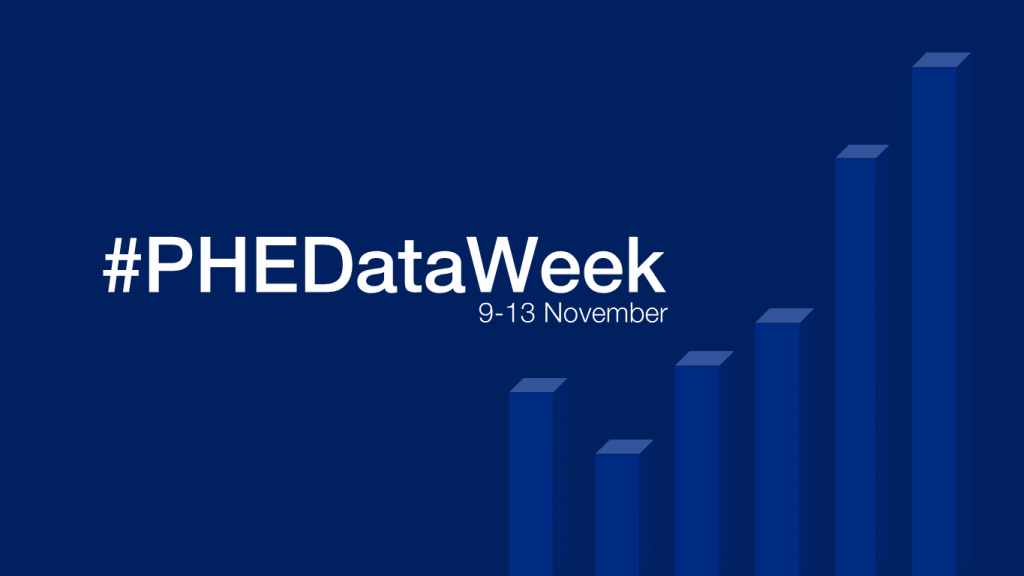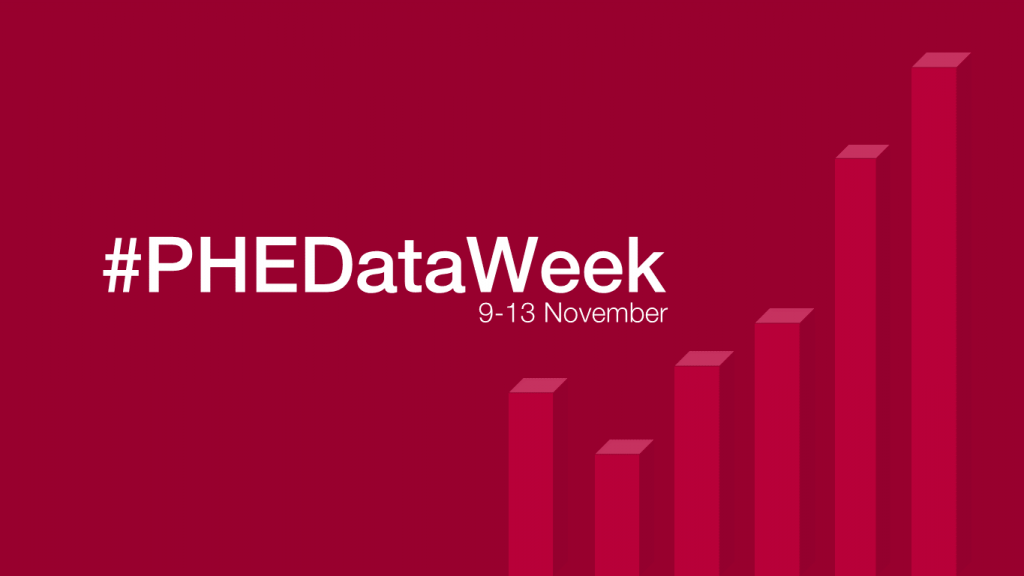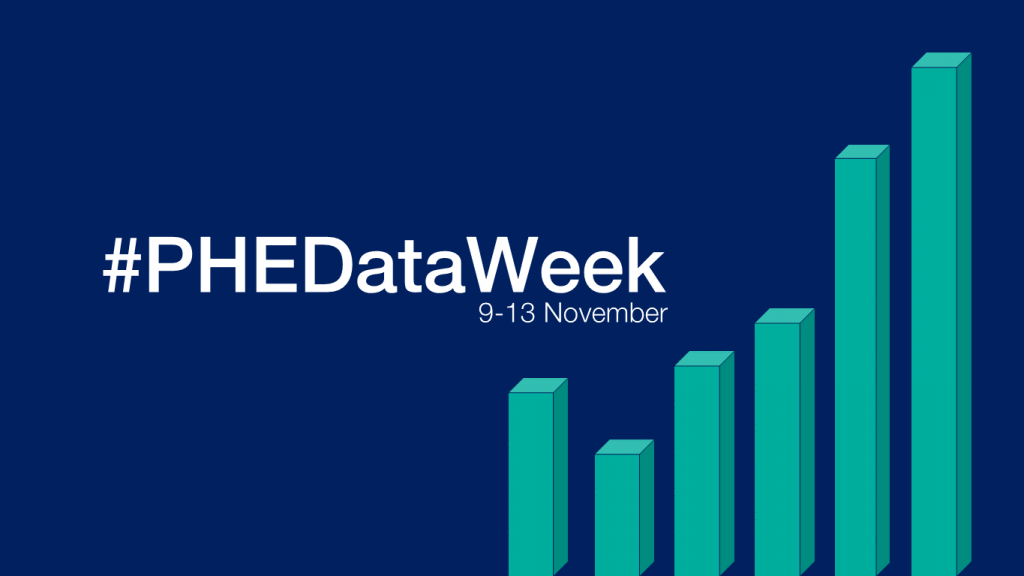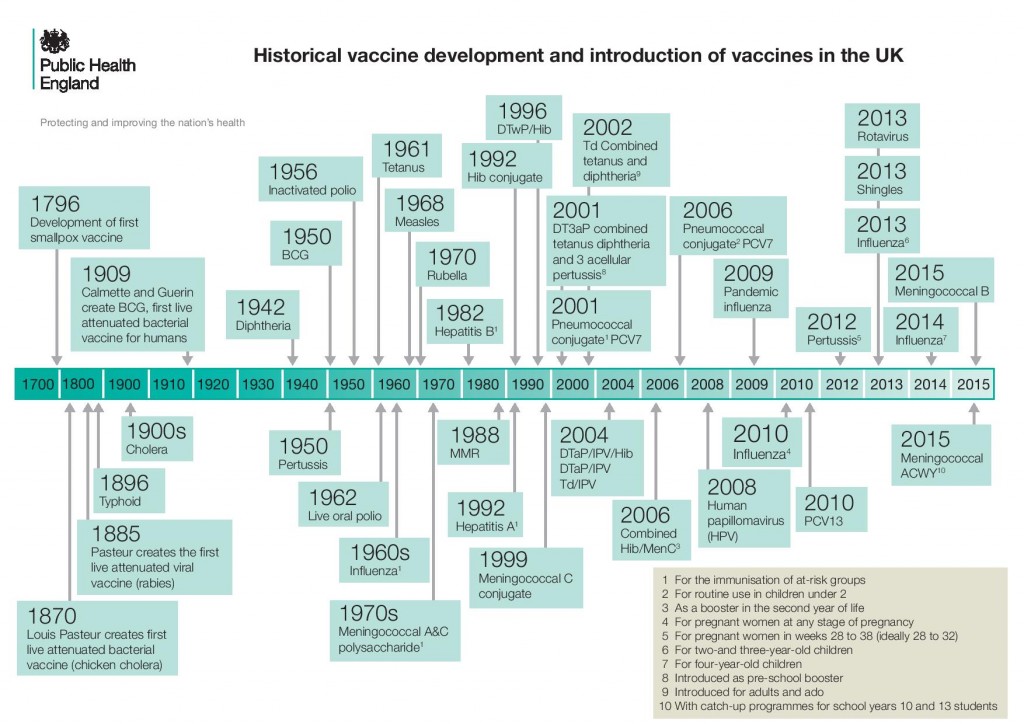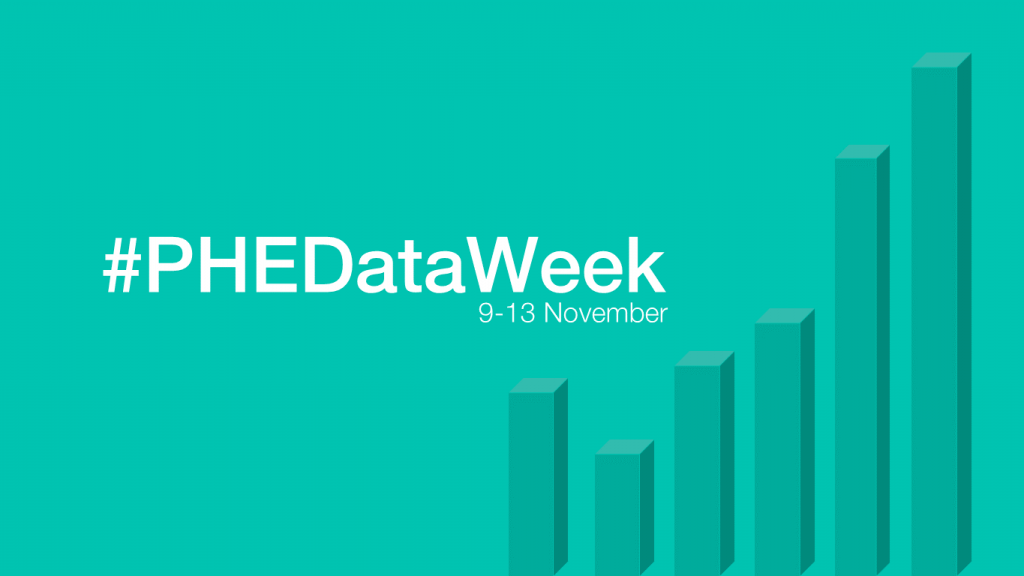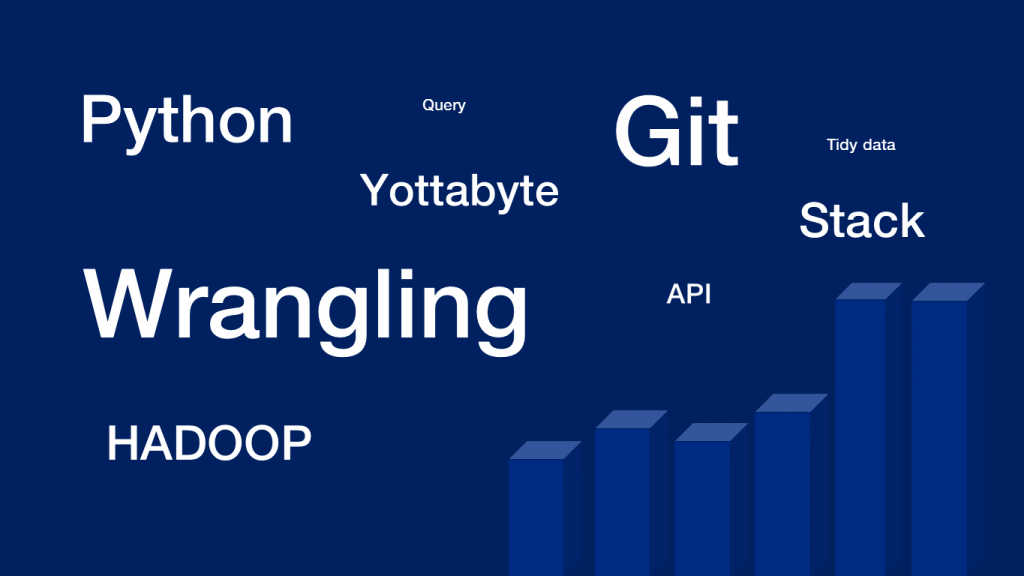Chief Knowledge Officer
Posts about the work of the Chief Knowledge Officer's directorate
#PHEDataWeek has been running across our social media channels this week. It has been a great opportunity for us to talk about what data means to us and try and help people understand just how important it is to our …
Last week was the annual scientific conference of the National Cancer Research Institute (NCRI) at the BT Convention Centre in Liverpool, showcasing the latest basic, translational and clinical cancer research, with over 1,500 delegates. It was significant to see the …
We're used to dealing with large numbers in public health: thousands of people, billions of pounds and terabytes of data. Historically these have been processed and interpreted by analysts into reports but now we are witnessing an increasing demand for …
Digital services use technology to connect people with data and information. Both the digital and data science teams at Public Health England are adopting digital methods to make public health data more accessible and easy to interpret. User needs research …
Whichever way you look at it, data around vaccines is both fascinating and inspiring. Immunisation programmes are one of the world’s public health triumphs with many millions of lives saved since the first vaccines were introduced. In this blog we …
One in five people living in the UK are aged between 10 and 24 and we know that what happens in childhood plays a pivotal role in future health and happiness - this is why giving the best start in …
This is a new language that all public health folks will require. There are lots of encyclopedias for Big Data: Dutch company Datfloq do a good one and the Big Data Made Simple portal has a useful one. What the …
Today we published new data showing the different diagnosis routes for people with cancer. We have used the latest available data to produce an extensive set of results for over 2 million patients diagnosed with cancer between 2006 and 2013. …
Public Health England and national partners are striving to ensure that data and information is used to improve quality of care and outcomes for people with cardiovascular disease. The interpretation of data and information should be acknowledged as a fundamental …
This time last year I wrote about some of the data tools PHE produces to help local authorities, the NHS and others improve the nation’s health and reduce health inequality. We make many of these available via the updated GOV.UK data …
